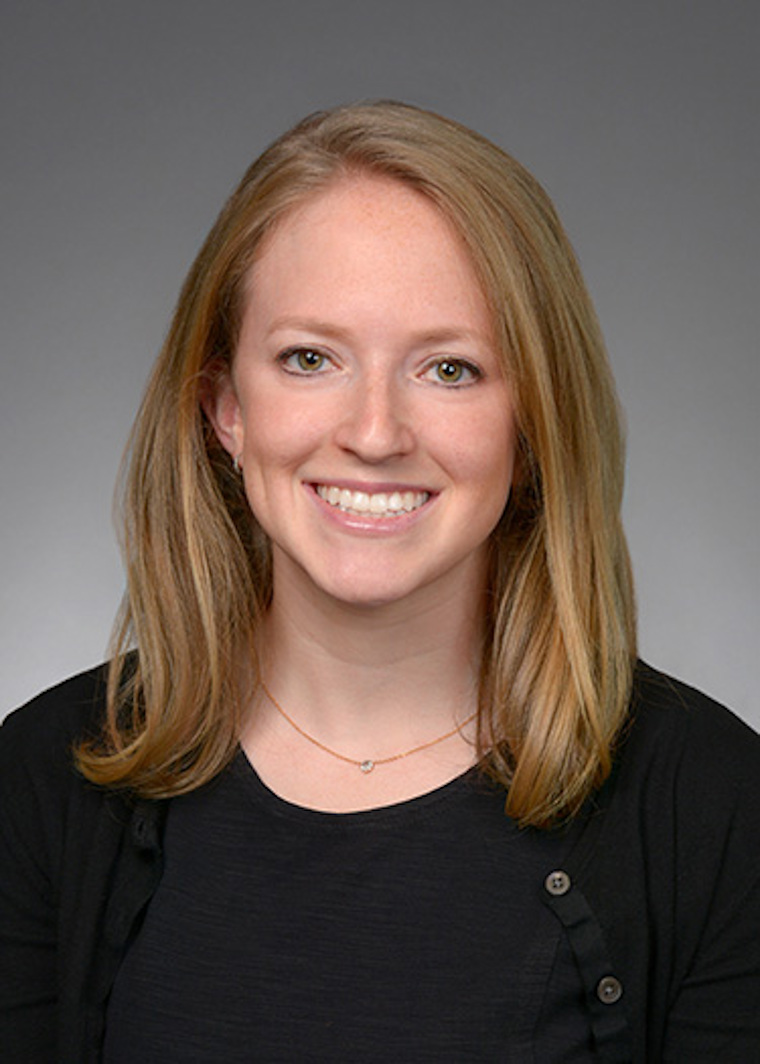Dr. Rachel Ruderman and her colleagues created a tool to help infertility patients undergoing numerous tests in different departments and even different institutions keep better record of their care, reducing frustration for both patients and physicians. Their poster, Fertility Passport Program: Development of a Fertility Program in a Low-Resource Setting, was presented at the 2021 ACGME Annual Educational Conference in February.
Primary Author: Rachel Ruderman, MD, MPH
Co-Authors: Denise Monti; Mary Tate, MD, MPH; Stephanie Cai MD; Emily Lin, MD; Bahar D. Yilmaz, MD; Luce A. Kassi, MD; Jacqueline Lee, MD; and Christina E. Boots, MSCI
ACGME: Tell us about your academic and professional role.
Ruderman: I am a third-year obstetrics and gynecology resident at Northwestern University.
ACGME: Can you briefly describe your project for us?
Ruderman: Our project is a program based at Cook County Hospital, where we rotate and spend about one-third of our residency. The goal is to provide patients with more agency over their reproductive life cycle through a physical “Fertility Passport,” in which patients can track their appointments and results, as well as through increased educational resources, including a video for patients and written educational materials for residents.
ACGME: What inspired you to do this project?
Ruderman: We were frustrated by the status quo for infertility patients in our busy gynecology clinic—mostly, that their care was confusing and fragmented. Because of limited resources, we often have to send people to different departments and even different institutions for various studies. Patients were also confused about their fertility in general and needed more time and resources to understand their physiology and their plan. We were inspired by pregnancy and prenatal passports that are very common in this patient population and helped many of our patients who were already pregnant to track their pregnancies and ensure no redundant testing was done.
ACGME: What did you discover?
Ruderman: We discovered that many residents felt frustrated and burned out by this complaint in clinic and felt that they had the knowledge to counsel but not necessarily the tools with which to do so in this environment. Patients responded really well to the focus groups we had in crafting our educational video. The rollout of the program has been limited by COVID-19, but we have enrolled about 20 patients so far and they all seem to really love the Passport Program.
ACGME: What was the main takeaway?
Ruderman: So far, I think a big lesson for me is that no health problem or experience is “too complicated” to be understood by the patient; we just need to figure out the right way to educate people and the best resources to improve understanding and adherence to care.
ACGME: Who could benefit from this?
Ruderman: We hope that at some point we can share the passport and the video with other residency programs to use in similar populations, but ultimately anyone providing or receiving infertility care could benefit from it!
ACGME: Any additional follow-up plans?
Ruderman: Hopefully, we will be able to continue enrolling patients as the COVID-19 situation continuously evolves. We’re planning on looking at patient knowledge of fertility before and after the intervention to see if the video and passport actually improve patient understanding of his process.

